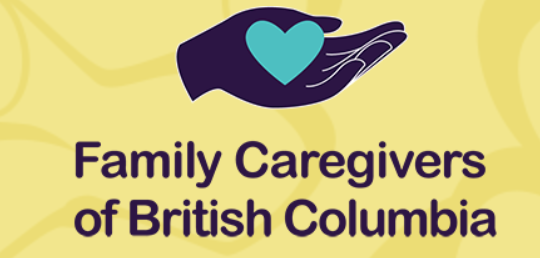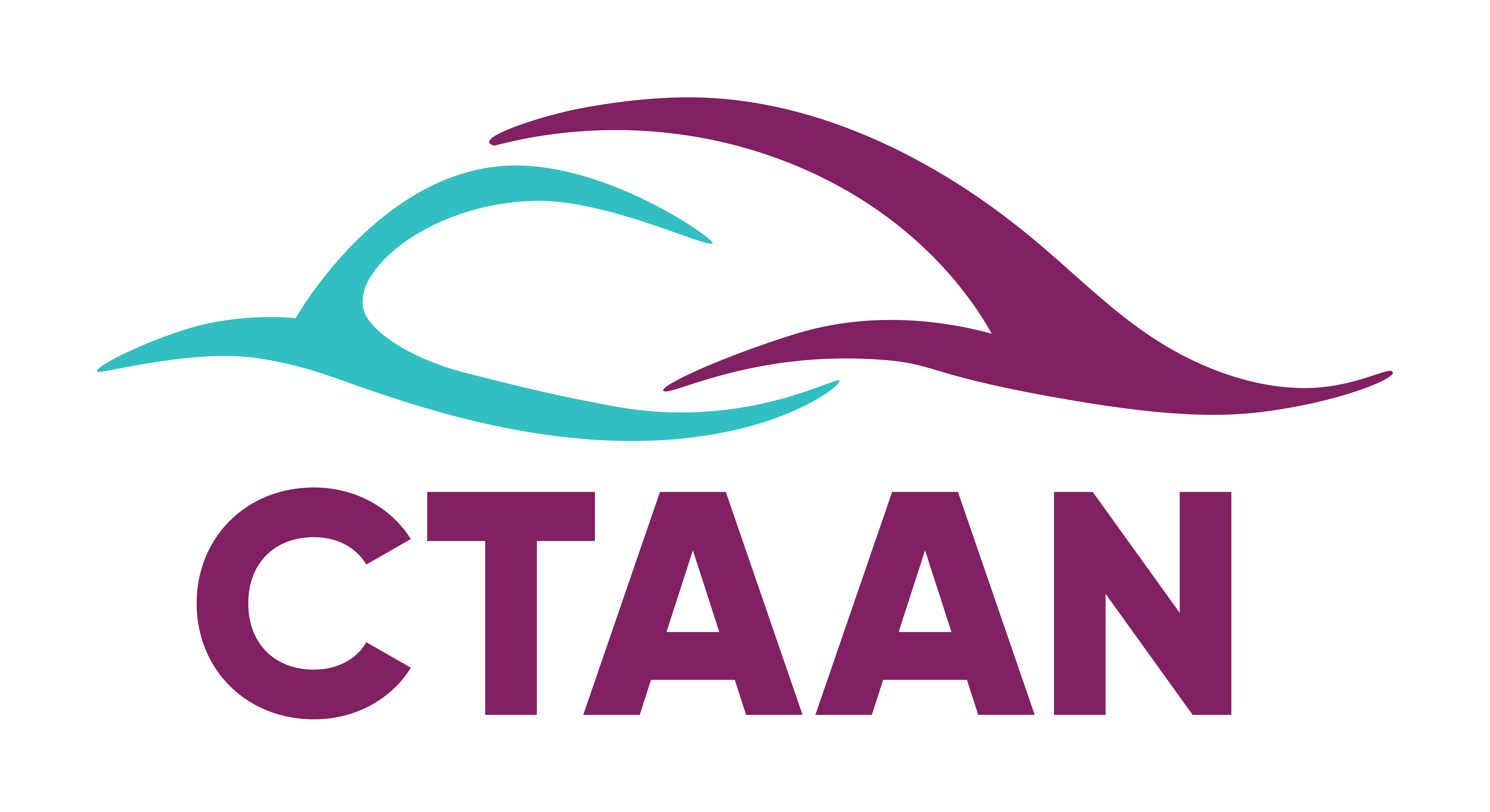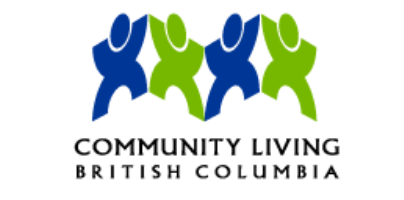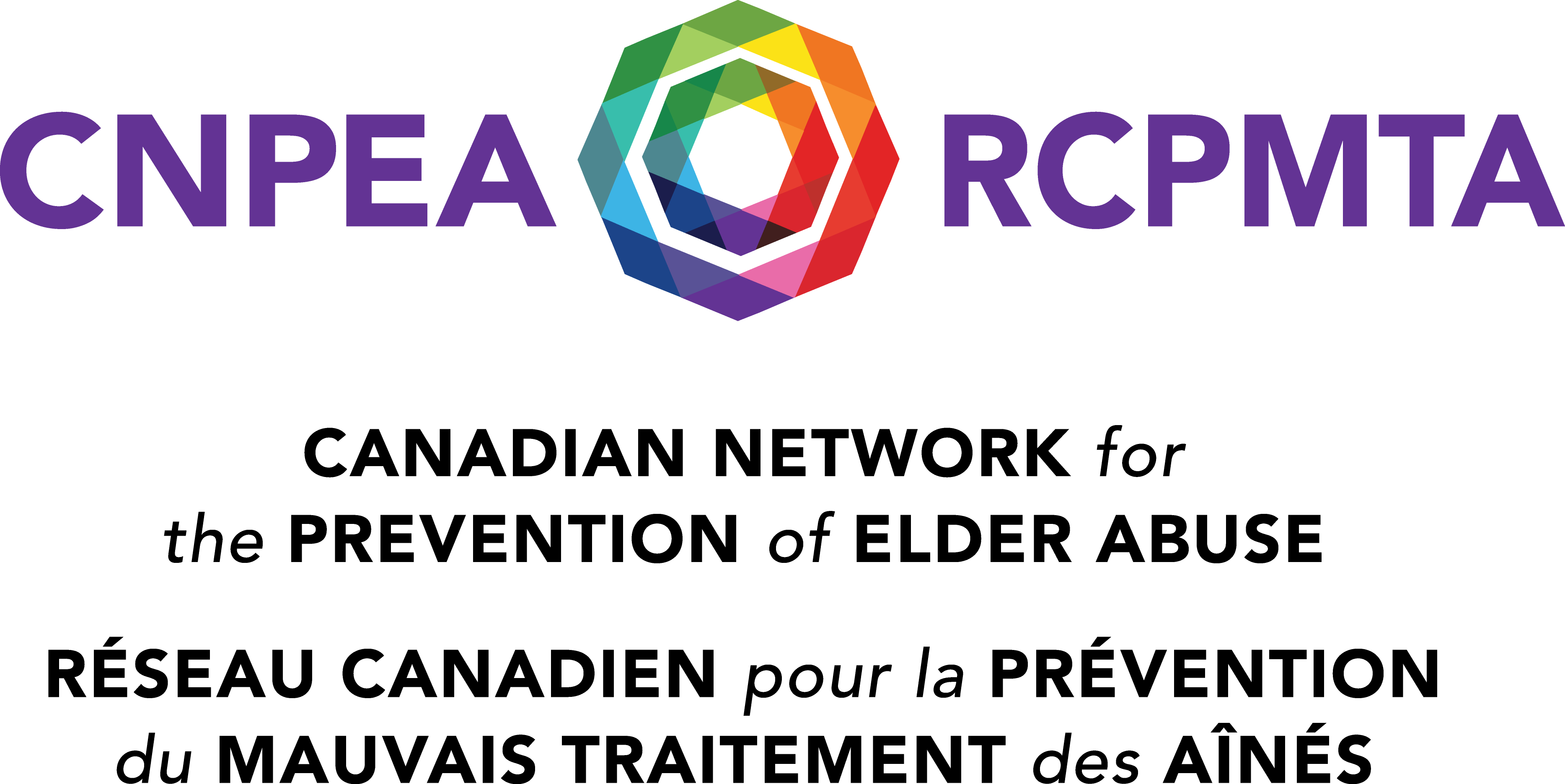Allied and Partner Organizations
Resources on CORE include checklists, toolkits, reports, studies, videos, and other materials on topics relevant to those working or volunteering in support of healthy aging and older adults independent living.
GI (Gastrointestinal) Society
GI (Gastrointestinal) Society - the Canadian leader in providing trusted, evidence-based information on all areas of the gastrointestinal tract, the GI (Gastrointestinal) Society is committed to improving the lives of people with GI and liver conditions, supporting research, advocating for appropriate patient access to health care, and promoting gastrointestinal and liver health. The GI Society and its partner, the Canadian Society of Intestinal Research, are registered charities that collaborate to provide a number of core programs and services that focus on providing Canadians with trusted medically sound information on digestive health. They offer information on a variety of GI topics, including the Aging Digestive Tract, Diverticular Disease, GERD, Constipation, Hemorrhoids, and many others. You can find out more about these conditions by visiting their website, ordering pamphlets, attending lectures, or subscribing to their quarterly newsletter.

Family Caregivers of British Columbia
Family Caregivers of British Columbia is a registered non-profit dedicated 100% to supporting family caregivers, and providing leadership to strengthen the voice of family caregivers and the significance of their role. FCBC's mission is to improve the quality of life for family caregivers through support, information, and education.

Healthy Aging Collaborative Online Resources and Education (CORE)
Healthy Aging Collaborative Online Resources and Education (CORE) is a platform to connect community based seniors serving organizations and allied agencies and individuals in Alberta. CORE is designed to provide up-to-date information, resources, and training opportunities and to make it easier to communicate, coordinate, and collaborate in order to help build capacity, strengthen the network, and develop a collective and cohesive voice among volunteers, staff, and others who support healthy aging initiatives.

Centre for Technology Adoption for Aging in the North
The Centre for Technology Adoption for Aging in the North supports aging in northern and rural communities by making technologies more available to older adults, caregivers, and the health care systems that support them. CTAAN's process works to help ensure the adoption of technology through expert assessments, trials, demonstrations, and implementation plans. Their program helps companies pilot, implement, and promote their products and services to these communities.

Community Living BC
Community Living BC, or CLBC, is the provincial crown corporation that funds supports and services to adults with developmental disabilities, as well as individuals who have a diagnosis of Autism Spectrum Disorder (ASD) or Fetal Alcohol Spectrum Disorder and who also have significant difficulty doing things on their own. The CLBC Strategy on Aging is a proactive response to the challenges and opportunities associated with supporting adults with developmental disabilities who are growing older in our communities. The richer quality of life offered by community living is resulting in longer lives for many people. Like the general population, these people are likely to become more vulnerable and develop more complex care needs as they get older. Some people with developmental disabilities may also experience the onset of age-related challenges earlier than the general population. People’s needs, strengths and concerns changes as they get older. Additionally, many middle-aged individuals are living with family members or caregivers who may not be able to continue to care for them as they themselves age. Through the strategy on aging, CLBC in collaboration with partners in community is working to create awareness and understanding of what people need to age with safety and dignity in community.

Canadian Network for the Prevention of Elder Abuse (CNPEA)
The Canadian Network for the Prevention of Elder Abuse (CNPEA) runs the sole Pan-Canadian knowledge hub focused on elder abuse. CNPEA connects people and organizations, fosters the exchange of reliable information, and advances program and policy development on issues related to preventing the abuse of older adults. They do this work at the local, regional, provincial/territorial, and national levels. CNPEA aims to increase their collective capacity to respond to, and prevent the abuse of older people. They envision a Canadian society where older adults are valued, respected, and live free from abuse.

CARP (Canadian Association for Retired Persons)
CARP (Canadian Association for Retired Persons) is Canada’s largest advocacy association for older Canadians. Today CARP has more than 320,000 members. As a non-partisan association, CARP is committed to working with all parties in government to advocate for older Canadians. Its mission is to advocate for better healthcare, financial security, and freedom from ageism. CARP members engage in polls and petitions, email their elected representatives, connect with local chapters and share stories and opinions on urgent issues.

CanAge
CanAge is an independent nonprofit advocacy organization educates, empowers and mobilizes people on the issues that matter most to older Canadians. CanAge works collaboratively with corporate, nonprofit organizations, the media and governments to amplify seniors’ issues, influence policy, and effect change. Our work includes: Advocacy; Education & Knowledge Mobilization; Partnership & Coalition Building; Policy & Program Development; Elder Friendly Audits & Toolkit.

The Canadian Centre for Elder Law
The Canadian Centre for Elder Law is dedicated to improving the lives of older adults in their relationship to the law. In July 2003, the B.C. Law Institute formally established the Canadian Centre for Elder Law. The mandate of the CCEL includes research, law reform, and education relating to legal issues of interest to older adults. Today, the CCEL is recognized for its expertise in Elder Law issues both in Canada and internationally.The objectives of the Canadian Centre for Elder Law are: to enrich and inform the lives of older adults with the law; to meet the increasing need for legal education and research in relation to legal issues having particular significance for older adults; and, to serve as a national focal point for this emergent field. To current knowledge, it appears to be the only such Centre in the world and is currently serving as a model of interest for several other countries.

Newsletter
Sign up for the Healthy Aging CORE BC e-news to keep up-to-date with activity from the platform and the Community-Based Seniors Services (CBSS) sector across the country.
